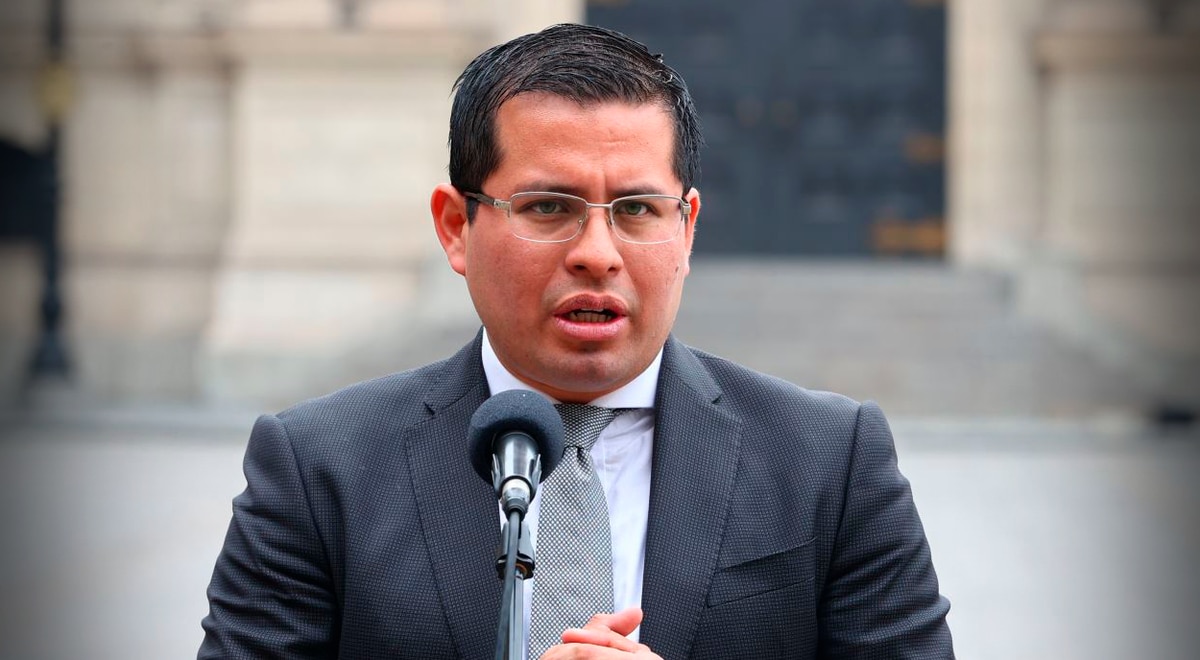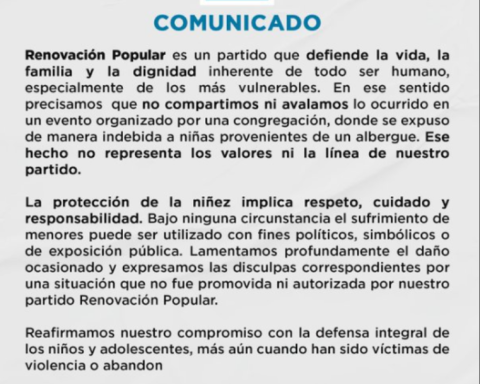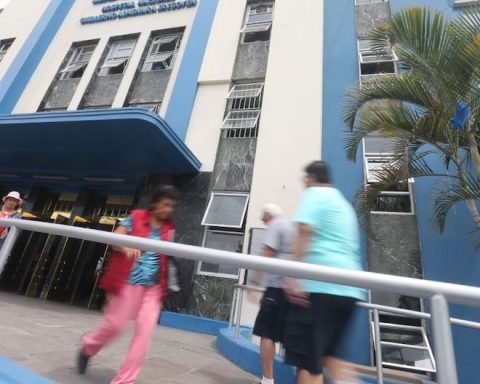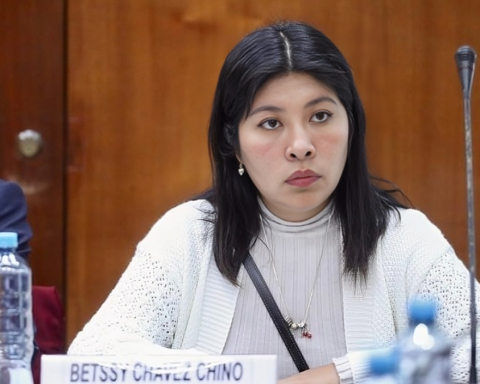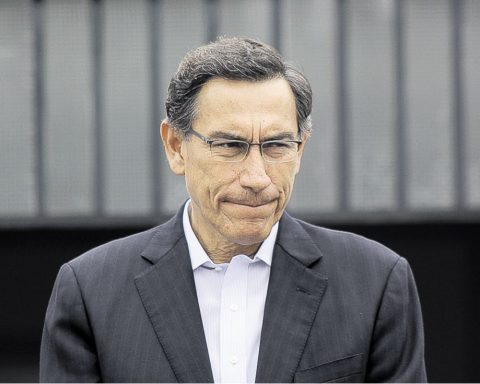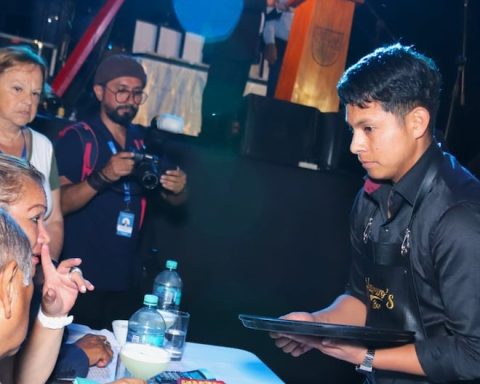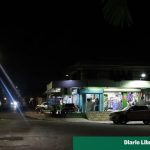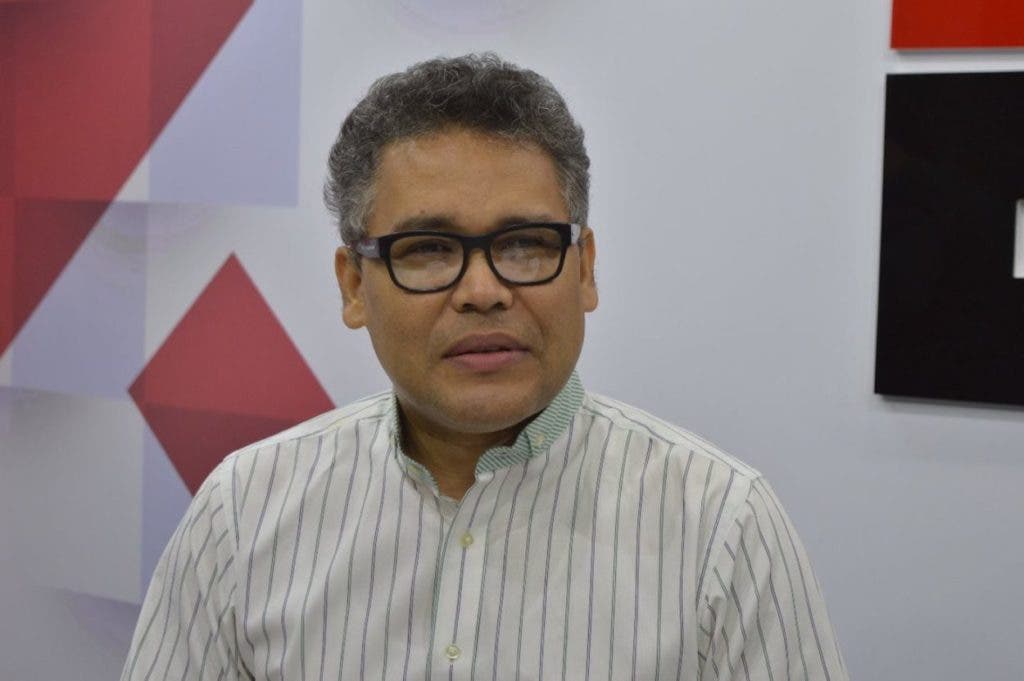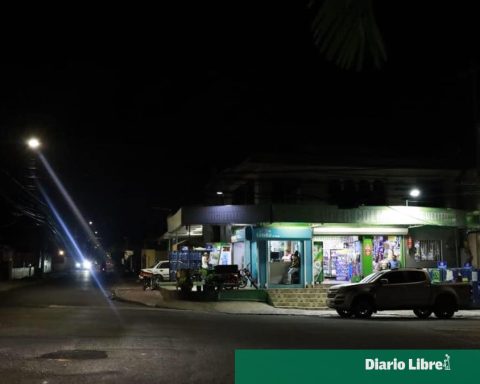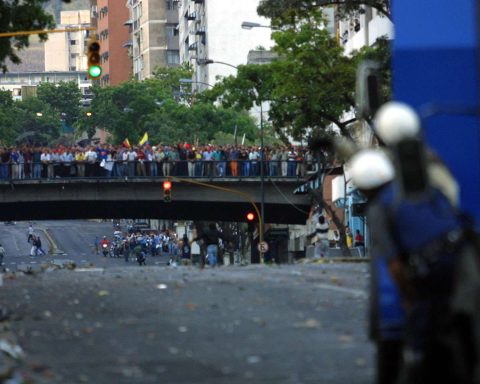After the Public Ministry will present the constitutional complaint against the president, Pedro Castillo, his defense is preparing the legal response. Lawyer benji espinoza advances part: a protection of rights and a constitutional claim for protection (with a precautionary measure to suspend the process in Congress). There is also the possibility of requesting the exclusion of Patricia Benavides as prosecutor.
—The Public Ministry presented the constitutional complaint against Pedro Castillo to Congress. What will be the response of the president’s defense?
-We are going to present two actions: the first is the protection of rights before the supreme judge of preparatory investigation, who must convene a hearing. We are going to ask that the complaint be annulled because it contravenes what the judge himself expressed in his resolution on the protection of rights. Judge Checkley said that the President of the Republic, during his term, cannot be constitutionally impeached by Congress…
Yes, investigated.
—Investigated by the Prosecutor’s Office, preliminarily, but not accused, except for the four assumptions of the Constitution. This guardianship must be presented Thursday or Friday, at the latest. We are going to ask Checkley to enforce his ruling, because the right to judicial protection would be affected. When a judge decides, his ruling must be followed and this is contempt.
“What’s the other action?”
—It is a constitutional claim for protection that will question the affectation of the effective procedural protection of the democratic principle and equality, because constitutional rights and values are being violated, in principle, not only against President Castillo, but also against democracy. This will be presented before a constitutional judge and can have up to three instances. It can even go as far as the Constitutional Court.
—But will any of these resources be able to stop the process that will begin to be carried out in Congress?
“The shelter can do it. If it is admitted, a precautionary measure of suspension of the procedure can be presented in Congress, in the Subcommittee on Constitutional Accusations, until the amparo is not resolved. That’s possible.
—Are you going to present that precautionary measure then?
“It’s a pretty latent possibility. But first is the guardianship and then comes the protection.
“Is that all they’re going to do?”
-Besides, we will present a brief before the Subcommittee on Constitutional Accusations requesting the inadmissibility of this complaint.
—Based on the fact that the accusation is only possible due to the four scenarios foreseen in article 117?
“That’s a point. The 117 contemplates a crime and three constitutional infractions, and The complaint is for three different crimes: collusion, criminal organization and influence peddling.
—What do you think about the Prosecutor’s Office resorting to the United Nations Convention against Corruption?
-It is a wrong argument, because according to article 51 of the Constitution, that regulates the principle of normative hierarchy, this prevails over any other legal norm. The convention has legal status, it is below. Treaties cannot change what article 117 says.
—The Prosecutor’s Office argues that the convention is a human rights treaty.
“That is a gross misconception. A human rights treaty is the Pact of San José, for example.
—There is a legal debate on that point. However, you know, what will be discussed in Congress will be more political.
—The political cannot despise the legal, on the contrary. When Javier Diez Canseco was suspended, he filed an injunction and the legal order prevailed. It is a legally weak complaint that makes a forced and mistaken application of the law. The Prosecutor’s Office requests that an interpretation of 117 be made in accordance with article 30 of the UN convention. And, even if it were a human rights treaty, which it is not, would it be self-executing? Either. What he wants is for a treaty to reform the Constitution. If article 117 does not seem right to you, then reform it. They have the way to do it. It is up to Congress. But legal juggling cannot be done. This is an expression of juridical juggling, it is not serious, it is not rigorous.
—Do you consider that the Prosecutor’s Office wants to pressure Congress?
-Of course. But, in addition, prosecutor Benavides says that there are acts of intimidation against her, which means that we have a prosecutor who feels like a victim of President Castillo.
“You say you’d be judge and jury?”
-Correct. What you should do, out of propriety, is remove yourself from the case. You cannot be aggrieved and a neutral investigator.
—Are you going to present an appeal against the prosecutor Benavides herself?
“We are evaluating it. He cannot be judge and party, and he advanced his opinion. As he considers himself a victim of the president, if he does not excuse himself, there could be the possibility of requesting his exclusion as a prosecutor. It is a possible scenario within what the procedural law allows.
—The president has said that this is a coup. Did you recommend that he say that?
“No, but I heard it. And what is it then? There is a legal war against the president, a legal forcing of figures, an elastic criminal law, affectation of fundamental rights, lack of fiscal objectivity, and on top of that, the Prosecutor’s Office enters an area that is inappropriate for it, because it is not a political actor. I believe that the president’s expression correlates with reality. I tell you something else. I defend Castillo and his wife because I believe them. But, if there is something against him, like an audio, I resign.
—But you already resigned for hours.
—That was different, it was due to a coordination issue that was finally resolved.
